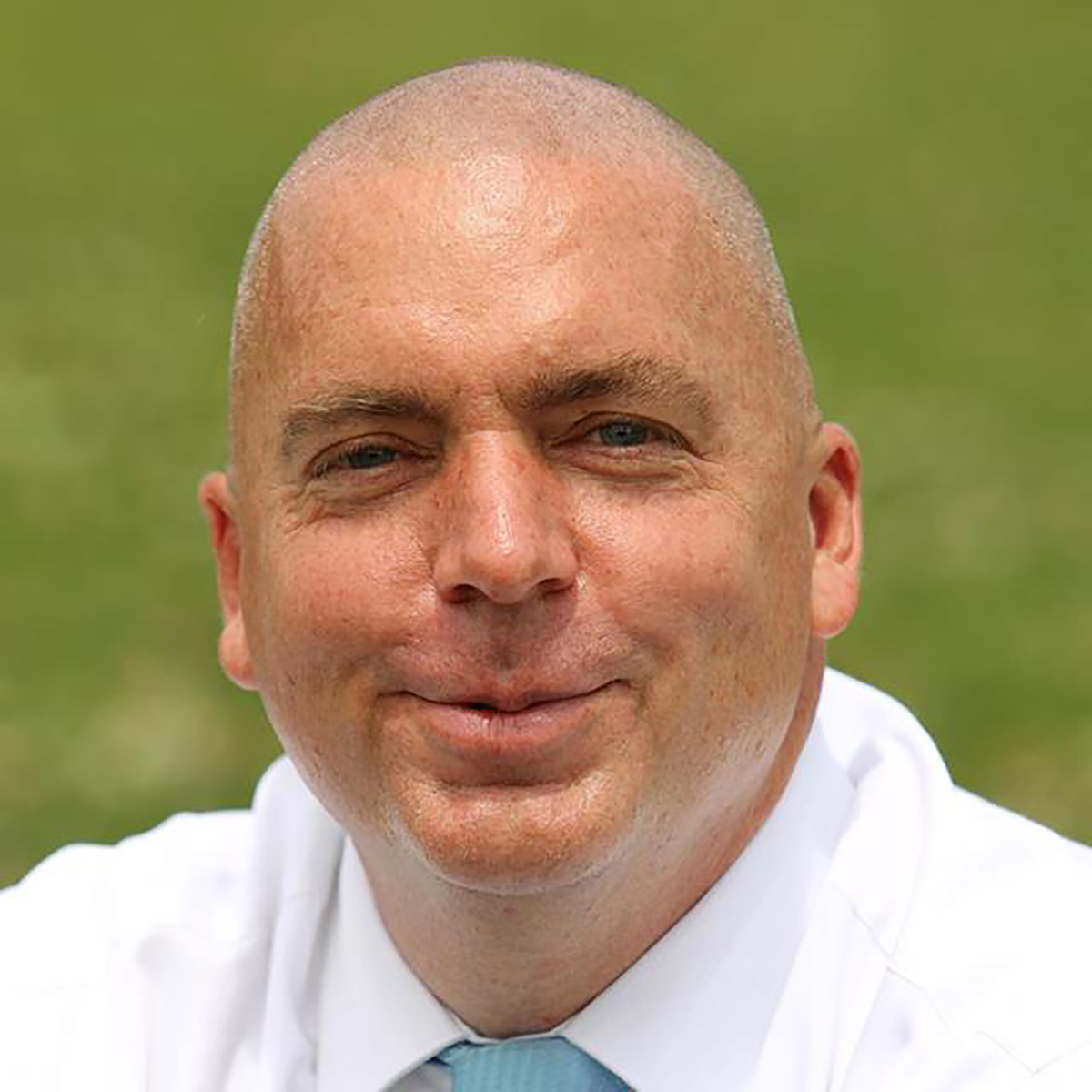1 hour ago
Date of publication: Apr 27, 2020
Robert D. Eldridge
- President
- The Eldridge Thinktank www.robertdeldridge.com
Date of birth: Jan. 23, 1968
Hometown: New Jersey
Number of years in Japan (cumulative): 30 (as of April 2020)

Q1: What was your first encounter with Japan?
My best friend in college was an international student from the city of Sakai. We remain close today. He opened the world up to me, introducing me to other foreign students, leading to my own decision to study abroad (in France). I moved to a very small town here in the Kansai area after graduation in 1990 on the Japan Exchange and Teaching Programme. I was impressed with the community spirit, family ties and high work ethic.
Q2: Please state your motto in life and why you have chosen it.
“To make a contribution” and “To add value” are some of the many mottos I live by. Each person has unique talents and abilities, which I hope that person realizes and can use to make a lasting contribution to the people, community or institutions of which he or she may be a part. Moreover, we are all in this together and need to help one another, especially now.
Q3 : Over your career, what achievement are you the proudest of?
My work during Operation Tomodachi as the political advisor to U.S. forces in Sendai; subsequent interactions with the affected communities to include the annual homestay program for the children of Oshima Island near the city of Kesennuma; and disaster-related recommendations and writings before and after. In addition, I regularly volunteer at juvenile correction facilities and speak to them about (examples of) kansha (gratitude), kizuna (human bonds) and kо̄ken (contribution) during the Great East Japan Earthquake.
Q4 : What are your goals during your time in Japan, your current position or in life?
I desire to continue contributing here academically and policy-wise — both to challenge myself, but also out of gratitude to Japan. As a foreigner, I view various policy decisions and approaches differently than Japanese people might and am not afraid to make suggestions or criticisms. I abhor groupthink and value intellectual honesty and independence. Many Japanese (and foreigners) appreciate that I say what they may not be able to.
Q5 : What wisdom, advice or tips can you give to people living and working in Japan?
I had two goals in mind in coming to Japan. I wanted to view international affairs (including bilateral trade friction) through Japan’s eyes to help me in my future career as a diplomat (which never formally happened). Second, I wanted to learn how Japanese children and young people saw themselves, their country, and the world, as they would be the leaders of the next generation. So, lesson one, perhaps, is to try to see things through another person’s or group’s eyes. Also, when I came to Japan, I made two conscious decisions. One, related to the above, was that in order to get to know Japanese people better, I spent almost every waking moment with my Japanese co-workers, neighbors and friends, spending very little time with other foreigners. Thanks to this, I picked up and mastered the Japanese language very quickly. Second, I chose to look for the similarities, rather than the differences, between Japan and my country.
Last updated: Apr 27, 2020


















With your current subscription plan you can comment on stories. However, before writing your first comment, please create a display name in the Profile section of your subscriber account page.